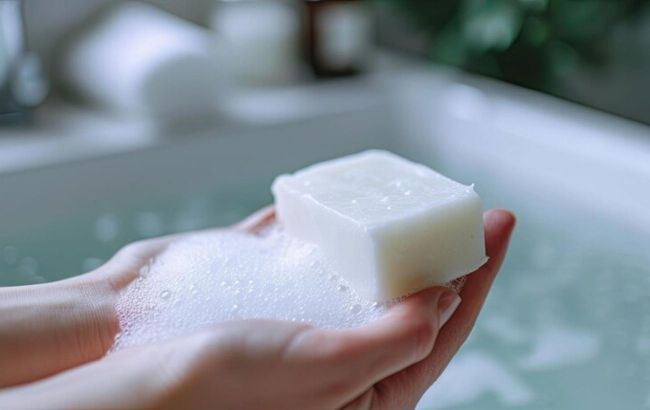Solid or liquid soap: Which is better for skin
 Illustrative photo (Freepik)
Illustrative photo (Freepik)
Soap is an indispensable product that is available in every household. It comes in various forms catering to different preferences. While some opt for the traditional solid bars, others prefer the convenience of liquid soap. Understanding the advantages and disadvantages of each type is essential.
Below are insights into the pros and cons of both liquid and solid soap, citing Albo Group and Eco System.
Choosing the right solid soap requires attention to detail, ensuring it bears logos confirming its origins, as some products may contain synthetic surfactants that could be harmful. Additives or dyes might irritate the skin or trigger allergic reactions.
Quality solid soap should retain the benefits of plant oils in its composition and, most importantly, match the skin type it's intended for. Each soap has its intended use, and a common mistake is using regular soap for showering, which may not be suitable.
It's important to note that ordinary solid soap is only suitable for handwashing. Shower use requires a formula that matches the pH and necessary foaming agents. Proper usage is key to maximizing the benefits of each product.
In terms of environmental impact, solid soap holds an advantage over its liquid counterpart due to the harm plastic packaging causes to water and soil.
Liquid soap, on the other hand, is produced by dissolving solid soap in water, often adding ammonia to achieve the desired consistency. While its composition mostly mirrors that of solid soap, it also contains potassium hydroxide instead of sodium hydroxide.
Liquid soap typically includes fragrances, dyes, and preservatives, which often trigger allergies. It's considered more hygienic than solid soap since there's no need to touch its surface, as with solid bars, where there's a presumption that dirt and microbes remain on the surface of solid soap.
The difference between solid and liquid soap lies in their physical structure and method of use. Both have their pros and cons, but understanding their nuances helps consumers make informed choices for their hygiene needs.

